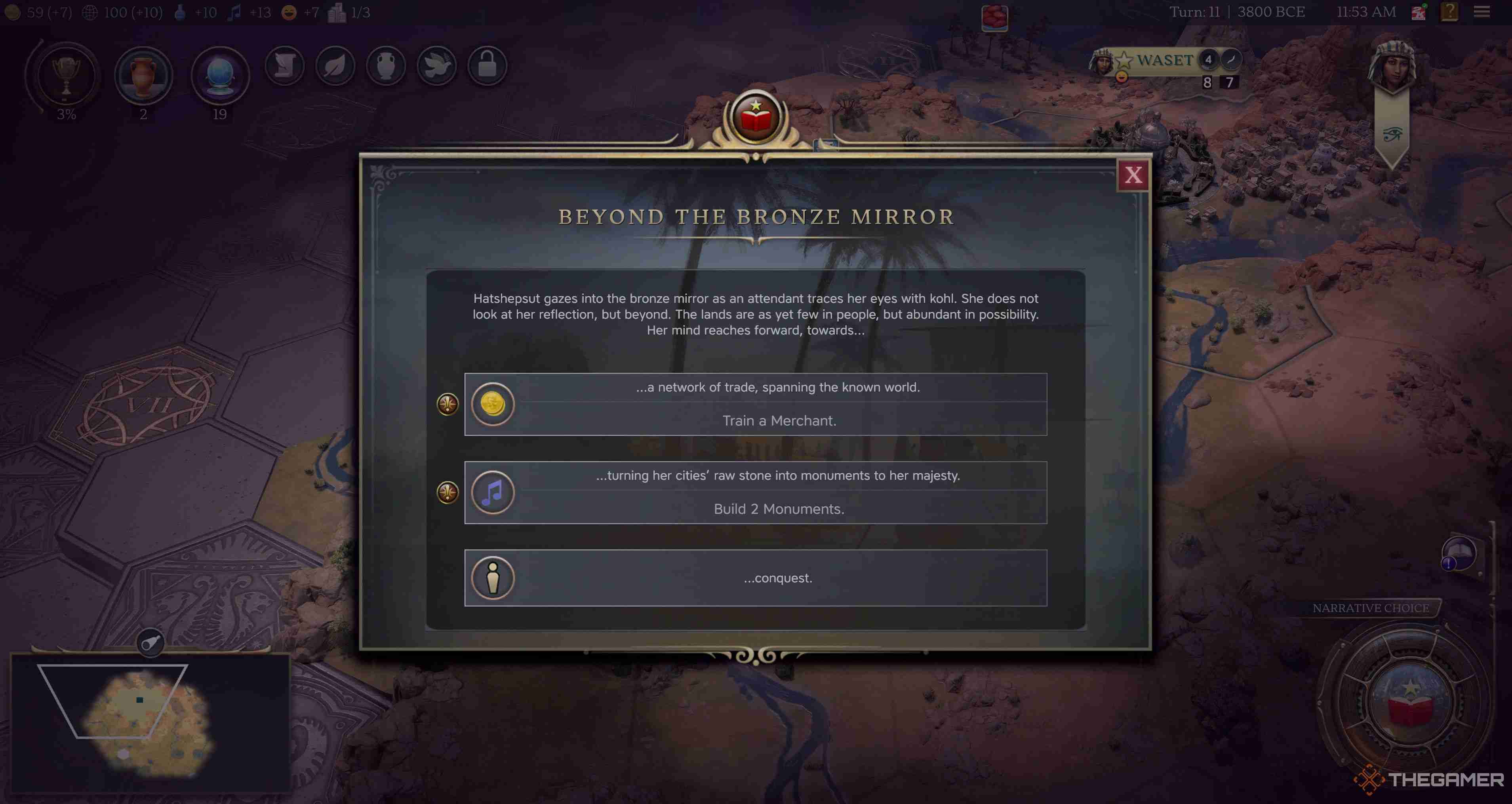Home >Mobile Game Tutorial >Mobile Game Guide >Civilization 7: Every Civilian Unit, Explained
Civilization 7: Every Civilian Unit, Explained
- Mary-Kate OlsenOriginal
- 2025-02-06 16:08:101098browse
Civilization 7: A Guide to Civilian Units
Civilization 7 introduces significant changes to civilian units, eliminating the Worker and revamping existing units. This guide provides an overview of each civilian unit type, their roles, unique abilities, and strategic considerations.

Settlers:

Settlers no longer found cities directly; they establish towns that generate gold. Towns require a gold investment to upgrade to cities. Once a town reaches a population of seven, it can be specialized.
- Sokeman (Norman Unique): Found towns with pre-built Medieval Walls.
Scouts:

Scouts are your primary exploration unit in the Antiquity Age, boasting high movement and sight range. They can establish watchtowers for increased sight and temporarily boost their sight range. They are defensive only; they cannot attack.
- Chasqui (Inca Unique): Increased sight range, ignoring terrain restrictions.
Merchants:

Merchants manage trade routes, unlocked twice (Ancient and Exploration Ages). Unlike previous games, you manually assign trade routes to settlements with limited route capacity. Essential for resource acquisition and cultural legacy paths.
- Mandarin (Ming Unique): Creates roads for gold income (100 gold per road).
- Tajiro (Songhai Unique): Creates trade routes across navigable rivers for gold income (100 gold per route).
- Trade Ships: Conduct trade via coastal and oceanic tiles; vulnerable to enemy attacks.
- Trade Caravans: Conduct trade via land routes; vulnerable to enemy attacks.

Missionaries:

Available only in the Exploration Age, Missionaries spread religion. Conversion requires influencing both urban and rural tiles in previously religiously influenced settlements. Religious beliefs impact gameplay. Strategic religious choices influence Crisis events and Social Policies.
- Hoceepkileni (Shawnee Unique): Increased movement, can cross rivers.
- Kahuna (Hawaiian Unique): Heals adjacent units, earns gold (25 gold) per conversion.
- Pedanda (Majapahit Unique): Earns gold (25 gold) and culture (25 culture) for the first conversion of a settlement.
Treasure Fleets:

Spawn automatically in the Exploration Age upon establishing settlements with specific resources on distant lands. Contribute to the Economic Legacy Path. Their arrival is predictable.
Migrants:

Appear under specific conditions (e.g., Plague Crisis) to increase population in settlements.
Explorers:

Modern Age units excavating artifacts from ruins, crucial for Cultural Victory. Requires Museums to excavate Antiquity Age artifacts. Artifact excavation is limited per continent.

The above is the detailed content of Civilization 7: Every Civilian Unit, Explained. For more information, please follow other related articles on the PHP Chinese website!
Related articles
See more- Ranch Simulator: Complete Guide To Pigs
- Roblox: Circle Grinding Incremental - Caves, Explained
- Genshin Impact Guide to the third day of Chapter 3 of the Revealed Off-screen Travel Photos
- 'Next Station 2' Dugu Nine Swords Obtaining Guide
- List of rewards for Fang Chengyi's birthday ceremony in 'Nishuihan Mobile Game'

